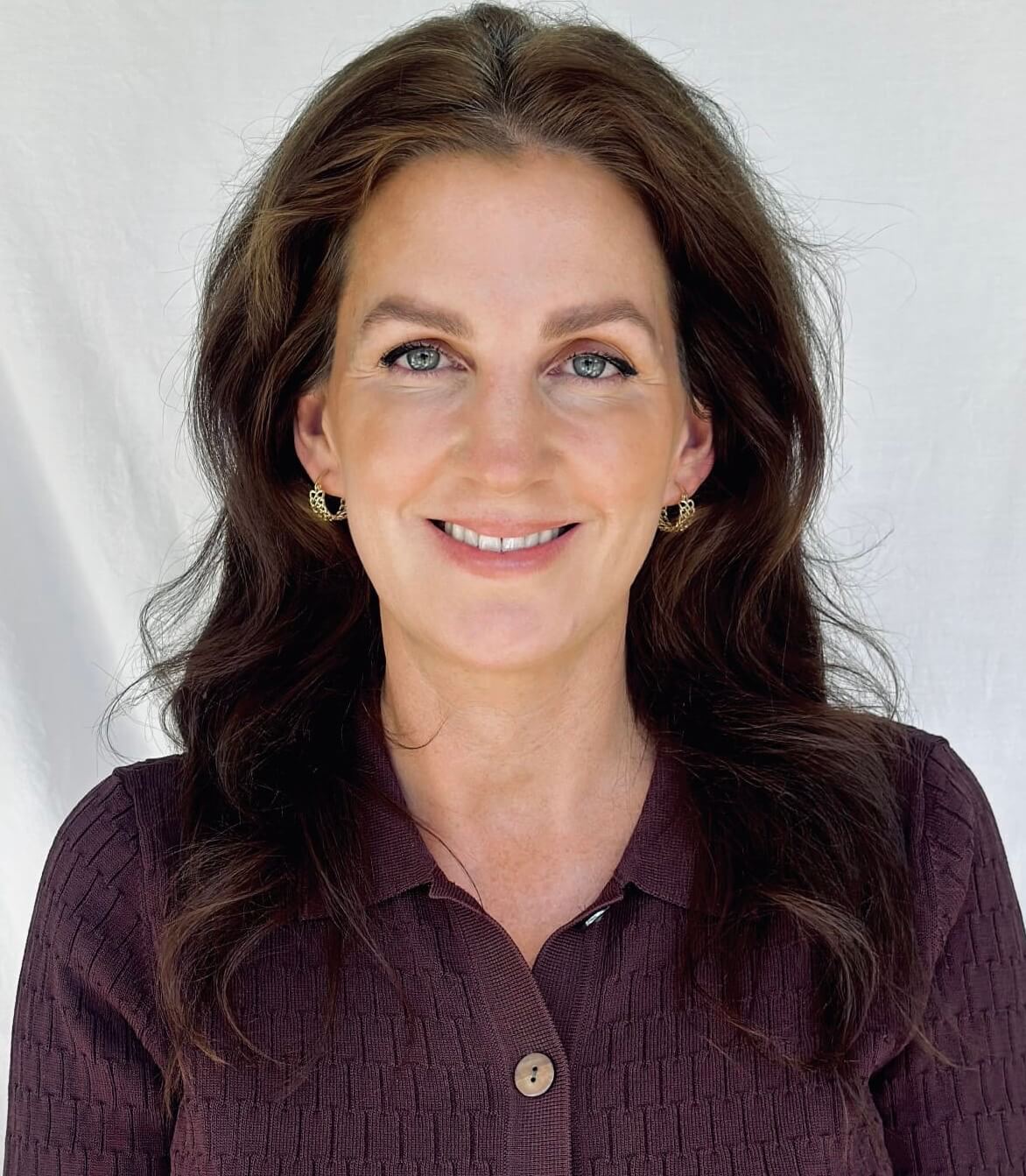
Cambridge ward

Jo Davies-Colley – 2025
Jo Davies-Colley – Cambridge Ward
1. Operational Deficits and Borrowing (maximum 100 words)
Waipā is currently running operational deficits over three years, which reduces the annual rates increase by around 4%. To fund this gap, the council is borrowing an average of $8 million per year.
a. Were you aware of this funding strategy?
b. Do you agree with the approach of borrowing to fund operational shortfalls as prudent rather than raising rates to fully fund current operations? Why or why not?
Yes, although I don’t believe it is true to say council is borrowing to pay for day-to-day costs. The shortfall in the first three years of the Long Term Plan is mostly “on paper” because council isn’t fully setting aside depreciation during that time. While this approach reduces short-term rate increases, council must ensure depreciation is fully funded later to ensure that it has the funds needed to renew our community’s assets as they come to the end of their lives.
2. Ahu Ake – Waipā Community Spatial Plan (maximum 100 words)
The council has adopted the “Ahu Ake – Waipā Community Spatial Plan” as a long-term vision to guide growth and infrastructure planning.
a. Do you support the direction and priorities set out in Ahu Ake?
b. Given that the plan proposes a number of costly studies how would you ensure that it remains relevant, affordable, and aligned with community needs over time?
Growth in Waipā will continue, and the Ahu Ake Spatial Plan provides a clear guide to help it happen in a balanced way. The plan reflects the community’s ideas and feedback on transport, neighbourhoods, and the future of the district. While it recommends studies to guide next steps, in this financially tough time, council must manage costs carefully, focus on those that give the most benefit, and avoid expensive plans that may not be acted on. I would like a meaningful role in deciding which studies to prioritise, so the plan is used wisely and spending remains sensible and responsible.
3. Cambridge Connections (maximum 100 words)
The Cambridge Connections project reset proposes a transport network realignment and new infrastructure development around Cambridge, with potential long-term cost across the district and land use implications as well as extensive consultation.
a. Do you support the scale and scope of the Cambridge Connections project as currently proposed?
b. How should costs and impacts be managed to ensure fairness to ratepayers and affected communities?
Cambridge Connections is the most important project for our town. As chair of the community board, I was closely involved in the community’s response to the first plan. This isn’t just about a bridge, it’s a town-wide transport strategy Cambridge urgently needs. I support the project’s direction, but it must be rolled out with the community, not at it. I will advocate for a project guided by strong public engagement and well-developed data and modelling, giving it the best chance of securing NZTA funding. Residents should not face a targeted rate, as the benefits extend across the whole district.
4. Council Expenditure and Core Services (maximum 100 words)
a. In your view, is Waipā District Council currently limiting its spending to basic or essential services?
b. If elected, would you support a review of current expenditure with a view to reducing non-essential costs and/or staffing levels?
Council’s long-term budget has taken a “back to basics” approach, pausing big projects, and I support this. With 15.5% rates rise hitting households hard, council must spend wisely and keep service levels high. Savings could go further: ongoing funding for the Te Ara Wai project should be trimmed, and council doesn’t need to take over rubbish collection for $26.5 million when private operators already provide the service effectively. Once water staff move to Waikato Water Done Well, staffing levels must be adjusted accordingly. My focus is simple: sensible spending, well-maintained assets, and keeping rates fair for all.
5. Urban Intensification and Tier 1 Status (maximum 50 words)
Waipā must now enable greater housing intensification and density under new rules.
What principles should guide where and how higher-density housing is developed?
Waipā’s Tier 1 status means higher-density housing is mandated by central government. We need to provide more homes, but intensification must be smartly managed to avoid endless sprawl. Much of Cambridge lacks the infrastructure to cope, so council must plan ahead to protect our neighbourhoods and community character.
6. Māori Ward Representation (maximum 50 words)
Waipā established a Māori ward to enhance Māori representation at the council table.
Do you support the continuation of the Māori ward beyond the current term?
Good governance needs diverse perspectives, and while the public referendum will ultimately have the final say, I support continuing Waipā’s Māori ward seat. In 2021, 84% of Waipā residents who submitted backed this move, showing strong community support for Māori representation in local decision-making.
7. Community Boards (maximum 50 words)
Do you believe community boards effectively represent community views and provide valuable advice to council? Would you support any changes to their role or powers?
As Chair of the Cambridge Community Board, I value local advocacy and fully support the board’s role. Over three years, we’ve gained speaking rights at key council workshops, including the Long-Term Plan and Cambridge Connections. As councillor, I’d continue strengthening the board’s partnership and championing the community voice.
8. Te Ara Wai (maximum 50 words)
What do you think the council should do with the old Bunnings building in Te Awamutu, which it bought to house Te Ara Wai Museum?
Council should keep sub-leasing the Bunnings building while Te Ara Wai is paused, provided costs are covered. The project has merit, telling unique local stories, but with a $32 million price tag and high rates, I cannot support it now. In the interim, the Te Awamutu Museum should host exhibitions.
9. Future of Lake Karāpiro Domain (maximum 50 words)
Lake Karāpiro Domain is often referred to as Waipā’s “jewel in the crown”. The site is currently being reviewed under the Reserves Act 1977, and future options may include increased commercial development such as hotel or motel accommodation.
Hamilton City Council now charges outsiders to visit the Gardens, should Waipā do something similar at Karāpiro?
Do you support further commercial development at Lake Karāpiro Domain and/or a visitors’ levy?
Lake Karāpiro Domain is a treasured part of our community. While commercial development isn’t council’s core business, I would support carefully planned private development that respects the natural setting and enhances the visitor experience. I do not support a visitor levy; access should remain open to all.
10. Finally, what is your vision for the Waipā district? (maximum 250 words)
I want to champion the Cambridge Connections project and work to secure a bridge location that causes minimal disruption to residents while being in the best long-term position for future generations.
Cambridge is becoming increasingly congested, and a town-wide transport strategy, including parking solutions and advocacy to NZTA for on-ramps onto the expressway, is essential. If elected, I will be deeply involved, as I was as community board chair, representing the community, ensuring data and modelling are accurate, keeping the public engaged, and making the process open and completely transparent.
This project isn’t just about a bridge, it’s about creating a sustainable transport solution that serves Cambridge for decades, improving safety, reducing congestion, and supporting growth.
I’m concerned with Te Koo Utu. This cherished lake has been neglected for years. The Cambridge Tree Trust has worked hard to care for it, but steep banks and invasive weeds make ongoing maintenance difficult. Council must prioritise funding to protect and enhance the area.
The community board also opposed the $26.5 million in the Long-Term Plan for a council-run rubbish collection, a service already delivered effectively by the private sector. That money could go towards restoring and improving the lake and its surroundings, including paths and planting.
Lake Te Koo Utu should be a place that people can enjoy, where children can splash, and dogs can drink without risk. By prioritising weed control, strategic planting, and strong community involvement, the council can ensure the lake remains a valued part of Cambridge for generations.








